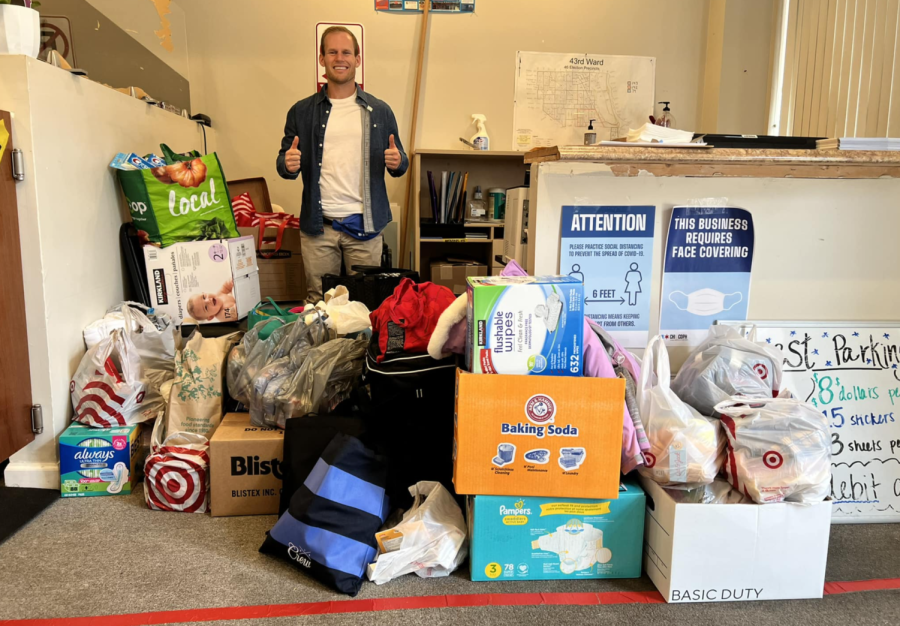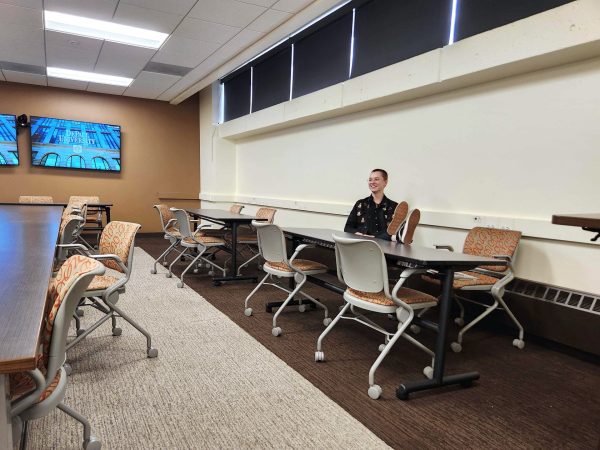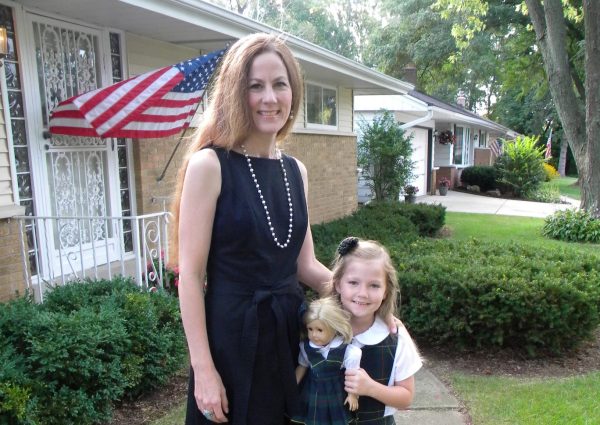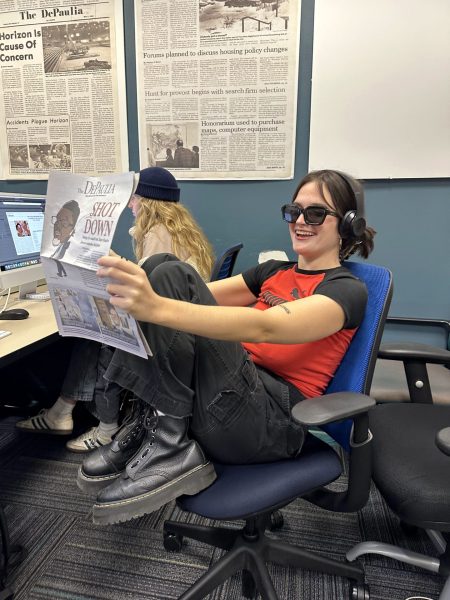OPINION: It’s time for the federal government to prioritize the needs of migrants
Credit: Facebook | @Knudsenfor43
Timmy Knudsen, the 43 Ward Alderman hosts donation drive for newly arrived migrants.
Thousands of asylum-seekers from Venezuela are being used as pawns in a domestic political game over immigration policy, and the federal government needs to do something about it.
The first bus of migrants from Texas arrived at Chicago’s Union Station on Aug. 31. Since then, over 3,000 migrants have arrived in Chicago.
This is all happening by order of Texas Gov. Greg Abbott in an initiative he has coined “Operation Lone Star,” an attempt at countering, what he considers, unwanted immigration across the Texas-Mexico border. Abbott is sending buses of migrants from the border to sanctuary cities like New York, Washington D.C., and Chicago.
“They’ve landed in Chicago without much preparation of where they were going,” Laura Starr, director of external affairs for Community Health in Chicago said. “And the buses keep coming.”
The real kicker for sanctuary cities like Chicago is no basic communication or funding is being provided from Abbott’s administration.
What Chicago needs right now is financial backing from the federal government, allowing the city to provide substantial care for these individuals that have fled severe danger and hardship.
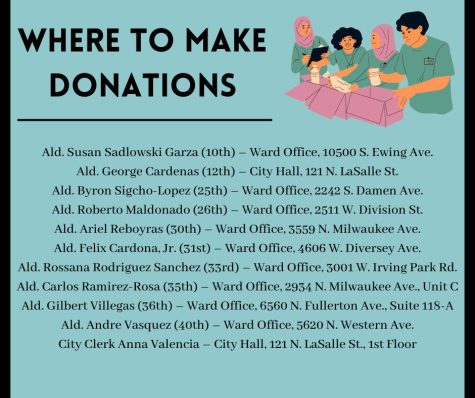
To help combat this crisis, local organizations have been working with the city to offer resources for migrants. The 43rd Ward Alderman, Timmy Knudsen, is hosting a donation drive for newly arrived refugees to help them settle in Chicago.
Immigration agencies and nonprofits in sanctuary cities that are receiving these busloads from Texas do not know when the buses are arriving, how many individuals these buses will be carrying or what kind of aid these individuals will require.
Starr and the rest of the Community Health network are providing these migrants with physical health aid.
“Right now, we are really just starting with vaccinations,” Starr said. “We are going to the hotels to provide the adults with Covid-19 and flu vaccines and we’re partnering with Lurie Children’s Hospital to come in and give vaccines to the kids, whether it’s Covid-19, flu, or other vaccines they need for school.”
However, providing aid to these migrants is not just a matter of ensuring that they are physically healthy.
“We do know there is a huge need for behavioral health support because they’ve been through trauma,” Starr said. “Most of them are fleeing Venezuela, they’ve passed through some really dangerous areas where many of them, even the children, have seen dead bodies.”
In addition to the need for counseling services, these individuals need shelter, food, education, job opportunities and more. They need to create an entirely new life.
Abbott has decided to focus his attention on getting rid of these individuals as soon as possible without any humanitarian regard, rather than putting organizational efforts toward a network of immigration agencies and nonprofits that would provide aid for these asylum-seekers as soon as they reached Texas.
“One can hope that maybe once we get through the elections some of the attractiveness of sending these migrants will die down and that it becomes less politically important for those on the other end,” Starr said. “But it’s hard to say.”
The amount of migrants entering Chicago, compounded by the amount of aid just one of these individuals requires, means a lot of money and human effort goes into providing support and resources to help this crisis.
“It’s a pretty massive effort by a lot of agencies to help everyone get settled,” Starr said.
Federal aid for this migrant crisis would also be an opportunity for the U.S. to begin making strides toward a more just and humane immigration system.
“The federal government would be showing their support for [progressive] border policies by financially supporting the influx of immigrants,” Kendra Fischer, a junior and political science major at DePaul said.
Chicago is experiencing an engineered crisis that was intentional on behalf of the Texas government. Abbott is attempting to incite resentment toward refugees and asylum-seekers in the cities that have pledged to do all that they can to help these immigrants.
“These are asylum seekers, this is important,” Shailja Sharma, head of the international studies department at DePaul said. “They ask for asylum and, under [the] laws and international treaties the U.S. has signed, we must listen to their credible fear appeal.”
We, as a country, have an obligation to extend safety to asylum-seekers. It is against, not only U.S. law, but also international law to not do so. Extending asylum entails, not only offering the protection of our borders, but also offering humane treatment and acknowledgement of basic human rights.
If Chicago is going to continue to uphold the United States’ legally-instated responsibility of providing sanctuary to asylum-seekers that Texas so willingly neglects, the federal government should provide Chicago with the means to continue doing so.
Living in a city that is willing to extend any of the resources necessary to individuals that are seeking a safe home is immensely pride-inducing.
But Chicago’s resources are not limitless.


